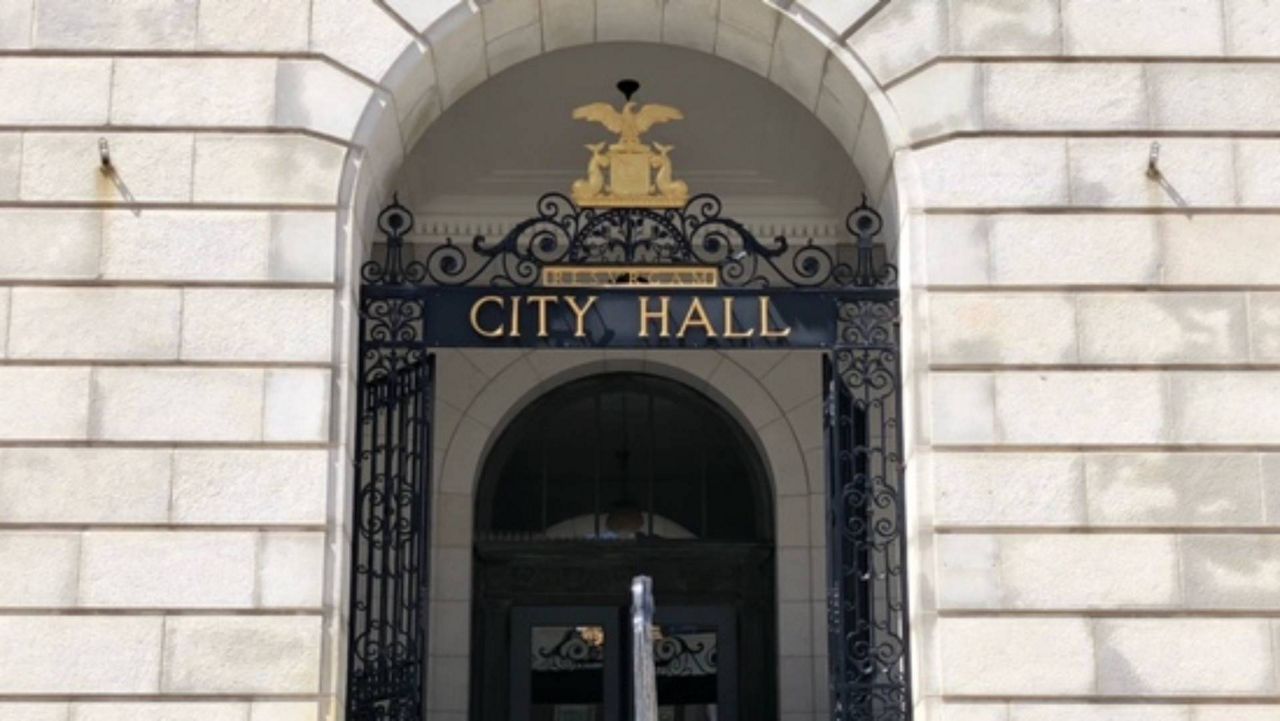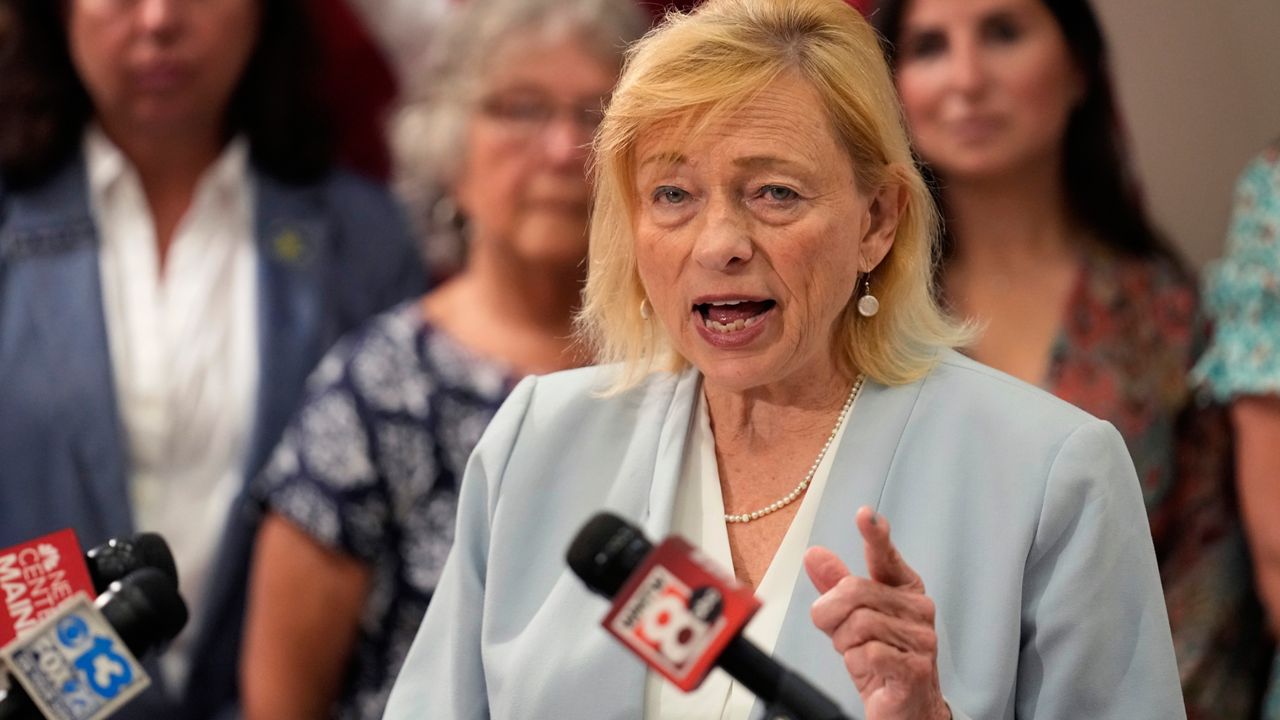AUGUSTA — The Maine State Library is laying off 13 workers and closing for two weeks because of federal funding cuts.
The announcement came just hours after the head of the Maine Library Association said she's working with the state’s congressional delegation and the attorney general in hopes of staving off a $1.5 million cut in federal funds that will deeply impact small, rural libraries.
“We’re watching that closely, we’re very concerned,” said Amy Wisehart, president of the association. “We also believe this funding cut disproportionally impacts people who live in really rural communities.”
The funds come from the Institute of Museum and Library Services, which was targeted in a March 14 executive order signed by President Donald Trump.
The order, titled “Continuing the Reduction of the Federal Bureaucracy,” calls for the elimination “to the maximum extent consistent with applicable law” of funding for museum and library services. The purpose is to cut “elements of the federal bureaucracy that the President has determined are unnecessary.”
State librarian Lori Fisher said in a statement that the federal funds represent 30% of the library's annual budget and the 13 workers who were laid off are about 30% of the library's staff. She said if the funds are restored, the layoffs "could be rescinded."
"Losing access to this federal funding harms Maine residents and will have negative consequences in communities across the state," Fisher said. "Despite these significant cuts, the Maine State Library remains committed to advancing the mission of libraries in Maine and to serving every library patron to the best of our ability."
Wisehart said the federal funds support everything from interlibrary loan to e-books to services for those who are visually impaired. Without the funds, local libraries will likely have to turn to local taxpayers to fill the gap, she said.
Wisehart and others came to the State House Wednesday for what’s normally a celebration of all that libraries offer to local communities. Gov. Janet Mills mingled with the librarians and sent along an official letter honoring their commitment to providing access to information, internet service, and opportunities for lifelong learning.
“In 2023, Maine’s 257 public libraries welcomed over 4.5 million visitors, loaned nearly 6.8 million items and provided 370,869 hours of service to their communities,” according to the letter.
The librarians also heard from state lawmakers who honored them with an official resolution recognizing them on National Library Week. There’s also an effort to form a task force to study the link between school and public libraries.
But hanging over the celebration was the executive order, which also targets the United States Agency for Global Media, the Minority Business Development Agency and the Federal Mediation and Conciliation Service.
Last week, the labor union that represents workers at the Maine State Library sounded the alarm about the library cuts, saying that Trump’s executive order would eliminate library services for the blind and visually impaired and funding for interlibrary loan services.
“The people who receive our services are elderly and people with disabilities and often homebound,” said library outreach coordinator Christopher Boynton, a union member. “They describe the services we provide as a lifeline.”
On Friday, Maine Attorney General Aaron Frey joined a coalition of 20 other attorneys general to fight the cuts to library services, minority business development and mediation service.
Republican Sen. Susan Collins joined a bipartisan group of senators to “seek assurances that appropriated federal funding for the Institute of Museum and Library Services will be implemented,” according to a March 26 press release.
In the statement, Collins said the funds helped the Maine State Library “provide free gigabit internet service, web hosting, and technical expertise to 243 public libraries in Maine. This funding also helped MSL acquire more than 740,000 new books, e-books and audiobooks across all Maine libraries, including books for their mobile delivery van and books for those who are visually or hearing impaired.”
For Wisehart, the cuts are particularly baffling because they represent a very small part of the federal budget.
“One thing that’s striking to me honestly is that the total budget for the Institute of Museum and Library Services represents .0046% of the federal budget and the library portion is .003% so it’s a tiny little drop in the bucket that has a huge impact in Maine,” she said. “We don’t feel this is about efficiency or cost savings, it’s really undermining the fabric of libraries.”










